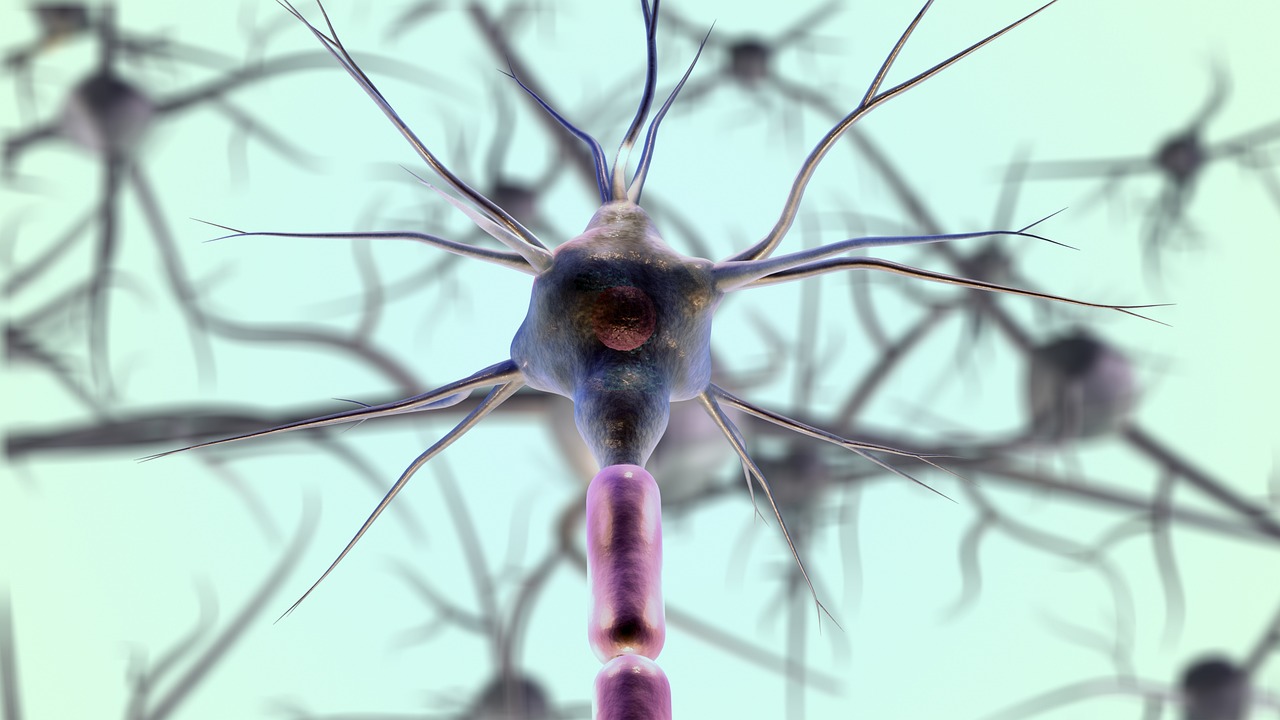Unraveling the Mystery: The Connection Between Mental Health and Physical Fitness
Introduction: Ever wondered why you feel so good post-workout? What if the relationship between your mental health and physical fitness was more significant than you thought? Let's unravel the mystery behind this connection and discover how our minds and bodies work together to create a holistic sense of well-being.

Discovering the Connection: A Historical Perspective
In ancient Greece, the concept of a healthy mind in a healthy body was a cornerstone of philosophical thought. Greek philosophers like Plato and Socrates believed in the symbiotic relationship between mental and physical health, arguing that one could not flourish without the other. However, it wasn’t until the 20th century, with the advent of modern psychology and medicine, that this connection began to be studied scientifically.
The Science Behind the Connection
Current research has found a strong correlation between physical fitness and mental health. Regular physical activity has been shown to reduce stress, improve mood, and enhance cognitive function. On the other hand, mental health conditions such as depression and anxiety can manifest physically, leading to fatigue, sleep disorders, and a weakened immune system. This interplay suggests that our mental and physical health are not separate entities but intertwined aspects of our overall well-being.
The Benefits and Challenges of Physical Fitness
Engaging in regular physical activity has numerous benefits for mental health. It can relieve stress, improve mood, enhance sleep quality, and boost self-esteem. Moreover, exercise produces endorphins—commonly known as “feel-good” hormones—that can alleviate symptoms of depression and anxiety.
However, there can be challenges in maintaining a regular fitness routine. Lack of time, motivation, access to facilities, and physical limitations can all act as barriers. It’s important to find a routine that fits your lifestyle and abilities, ensuring that exercise enhances, rather than detracts from, your overall well-being.
The Wellness Arena: Fitness as a Mental Health Strategy
Fitness professionals and mental health experts are increasingly recognizing the importance of physical activity as a component of mental health treatment. This shift in perspective represents a significant development in the wellness arena, with an emphasis on holistic strategies that address both mental and physical health.
However, it’s crucial to note that while physical fitness can contribute to mental well-being, it is not a stand-alone solution for mental health conditions. Professional help, including therapy and medication, may also be necessary.
Practical Fitness and Wellness Insights
-
Start small: Even a short 10-minute walk can boost your mood and energy levels.
-
Find activities you enjoy: You’re more likely to stick with a fitness routine if it’s something you love doing.
-
Listen to your body: Rest when you need to and avoid pushing yourself too hard.
-
Incorporate mindfulness: Activities like yoga and tai chi can improve both physical fitness and mental well-being.
-
Seek support: If you’re struggling with your mental health, don’t hesitate to reach out to a professional.
In conclusion, the connection between mental health and physical fitness is a powerful one. Incorporating regular physical activity into your routine can have significant benefits for your mental well-being. However, it’s essential to remember that everyone is different, and what works for one person may not work for another. Listen to your body, find activities you love, and most importantly, take care of your mental health. After all, a healthy mind and a healthy body go hand in hand.




